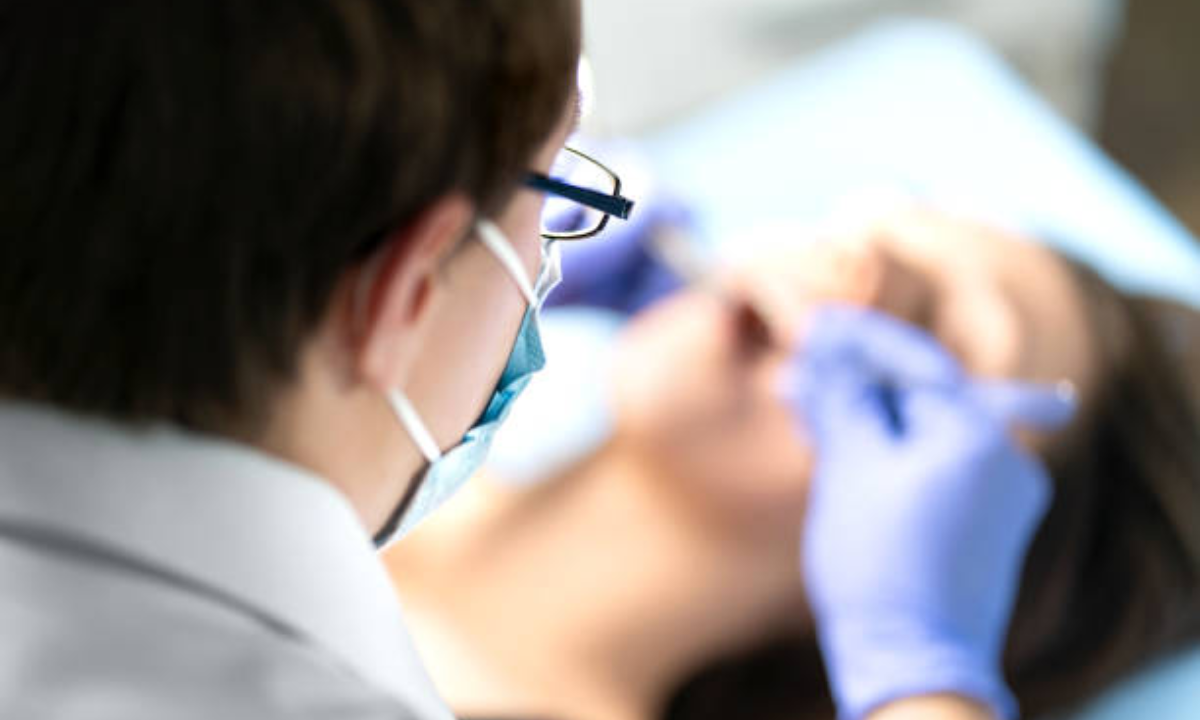Wisdom tooth removal is one of the most common dental procedures a lot of people experience at some point in their lifetime. It may be due to impacted wisdom teeth, overcrowding, or potential infections, and it usually calls for extraction to preserve oral health. Recovery can be rather uncomfortable and needs proper care and attention to heal quickly. To this end, those preparing to undergo or who have just had their wisdom teeth extracted will find here five practical tips on how to achieve faster recovery. Let’s dive into these tips to help you minimize discomfort and avoid complications in your healing journey.
Understanding Wisdom Teeth Removal Recovery
Recovery of a wisdom teeth removal varies with a person; recovery depends on the complexity of the surgery performed and individual rates of healing. Generally, one can recover from three days up to a week, though a more complex procedure can take a few more days or even weeks. Proper post-operative care during this period is essential to reduce swelling, pain, and infection risks.
The first 24 to 48 hours are especially critical, as this is when the body begins to form clots to protect the surgical site. Improper care during this time can lead to complications like dry socket—a painful condition where the blood clot dislodges, exposing the underlying bone and nerves.
Tip 1: Follow Your Dentist’s Post-Operative Instructions Closely
The first and most important tip following a wisdom tooth removal is the adhere to instructions from the concerned doctor or dentist. Specific prescriptions usually cover medication, diet, drinking, and also the following issues concerning the patient during the recovery stage:
- Medication: Take on the prescribed doses of painkillers or anti-inflammatory pills as directed by your oral surgeon or dentist. Over-the-counter pain relievers such as ibuprofen also reduce swelling and soreness.
- Avoid Certain Activities: Do not perform strenuous tasks, smoke, or suck through a straw during the initial days following surgery to prevent loosening of the blood clot.
- Oral Hygiene: Saline mouthwash is administered after 24 hours after surgery to disinfect the area without interfering with healing.
Observe these guidelines, and the risk of complications will be highly minimized together with assisting in healing.
Tip 2: Rest and Recovery
Rest is part of the process of recovery following the removal of wisdom teeth. Your body needs time and energy to heal up the surgical sites. Avoid strenuous tasks, and do some things that help you relax in the initial stage of recovery.
How to Rest Properly
- Lift Your Head: Use additional pillows to hold your head of up when in bed. This promotes minimal swelling, which also inhibits the propensity to bleed.
- Do not Sleep on the Surgical Side: If the procedure was performed on just one side of your mouth, sleep on the other side and avoid putting much pressure on that site.
- Plan Time Off Work or School: If at all possible, take a few days off to rest and allow your body to fully heal.
Remember, rushing back to the routine may slow down healing and delay relief from pain.
Tip 3: Managing Swelling and Pain
Common symptoms include swelling and pain, in general within the first 48 hours for those who undergo the surgical removal of wisdom teeth. These signs are normal but are quite manageable with proper care:
Ice Treatment:
Put an ice pack on the side of the face near the cheek for 15 minutes in the first 24 hours to reduce swelling and numbing of the cheek. From the first day start using warm compresses for the maintenance of proper blood flow and further comfort
Medications:
Let’s consider the painkillers, which help in relieving the pain and swelling. Ask your dentist about the dose and for how long.
Avoid Irritants:
Avoid hot, spicy, or acidic food and beverages within the surgical site because they easily irritate the surgical site and make discomfort worse.
Pain and swelling are managed regularly to maximize comfort and accelerate recovery.
Tip 4: This is following a soft and nutritional diet
Your diet after wisdom teeth removal will be a key determinant of recovery. Stick to soft foods for the first few days, those that are easy to chew and won’t irritate the surgical area. Some of the excellent food choices include:
- Mashed potatoes
- Applesauce
- Yogurt
- Smoothies (do not use a straw)
- Broth-based soups
Avoid the following foods:
- Hard, crunchy, or sticky foods may include chips, nuts, and candies.
- Hot foods may dissolve the protective blood clot.
- Foods with small particles that can get stuck in the surgical site, such as rice or seeds
Gradually reintroduce regular foods as your mouth begins to heal. Ensuring proper nutrition during recovery not only supports faster healing but also boosts your overall energy levels.
Tip 5: Practice Gentle Oral Hygiene
Good oral hygiene is essential to prevent infections during the healing process. However, standard brushing and flossing near the surgery area should be avoided for at least three days after surgery. Alternative alternatives include the following:
- Salt Water Rinse: Mix one-half teaspoon of salt with a cup of warm water. Swish in your mouth around the surgical site to clean out the area, but avoid scrubbing.
- Use Less Harsh Mouthwashes: Avoid alcohol-based mouthwashes, since they can aggravate the wound and should only be used under the recommendation of your dentist, once the initial healing is already done.
- Gentle Brushing: Rinse your entire oral cavity with caution, avoiding direct contact or rubbing against your extraction site; use a soft-bristled toothbrush as well.
Having delicate but proper oral care will reduce possible infection and may get your wounds healed faster.
Conclusion
Recovery from wisdom tooth removal doesn’t have to be a scary process. By following these five practical tips—adhering to your dentist’s instructions, prioritizing rest, managing swelling and pain, maintaining a soft diet, and practicing gentle oral hygiene—you can ensure a smoother and faster recovery. Each step is designed to minimize discomfort, reduce complications, and promote healing.
While the recovery period might be uncomfortable, keep in mind that it is temporary and crucial for your long-term oral health. If you have symptoms like severe pain, prolonged bleeding, or signs of infection, you should not hesitate to contact your dentist in Whitefield. Proper care during this time will help bounce back fast, getting back to activities you used to do. With the process of patience and paying attention to the needs of your body, then recovery will be faster.


